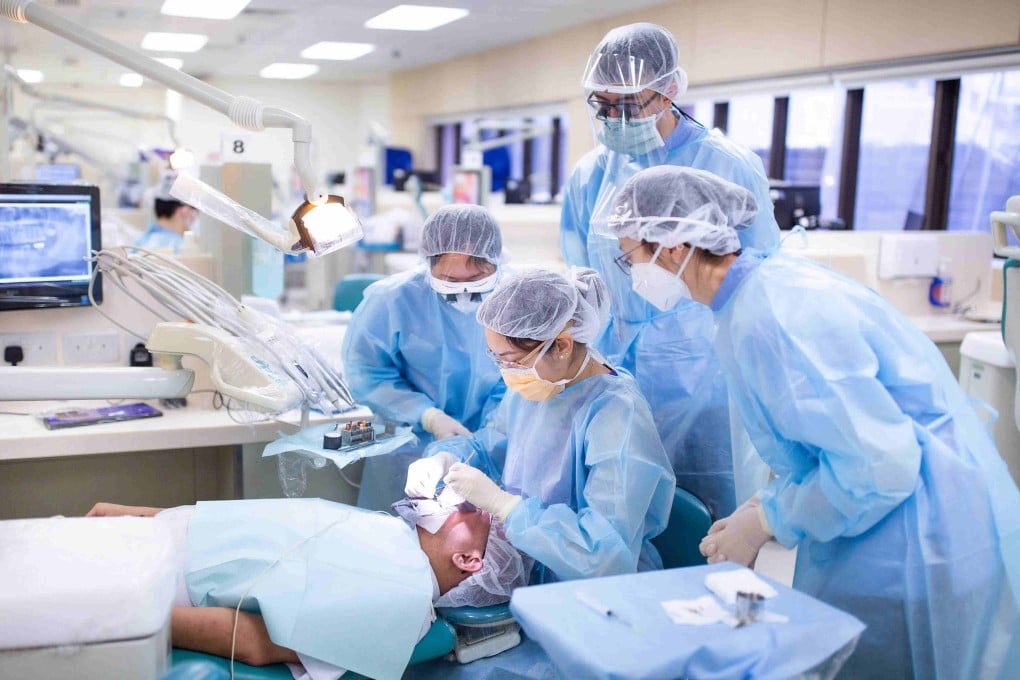Explainer | What’s behind row over quality of Hong Kong dental school training and do claims of students having ‘zero actual experience’ stack up?
- Dental students have clashed with government over proposal to make graduates intern for a year in public sector before being granted full registration status
- Accusations of ‘significantly inadequate’ clinical training have drawn sharp criticism from students, who point to high standards compared with some top global schools

Hong Kong dentistry students and the government have clashed in recent weeks over the training of aspiring dentists, with lawmakers considering changes that will require graduates to intern for a year in the public sector before they get full registration status.
The Post examines the debate and how the city’s dental training compares with other jurisdictions.
1. Why have dental services and training entered the spotlight?
Authorities put forward a bill to amend the Dentists Registration Ordinance at the Legislative Council last month.
The government, which said it made the proposal to improve dental services, hoped to introduce the internship programme for city dentistry graduates as well as “a period of assessment” for overseas-trained dentists.
The internship would require graduates to spend a year working for the Department of Health or Hospital Authority before they could obtain full registration.
Officials said the arrangement, similar to an arrangement already in place for doctors, could “enhance [graduates’] clinical experience in real-life work settings” and get them familiar with practising in the city, thereby improving patient safety.